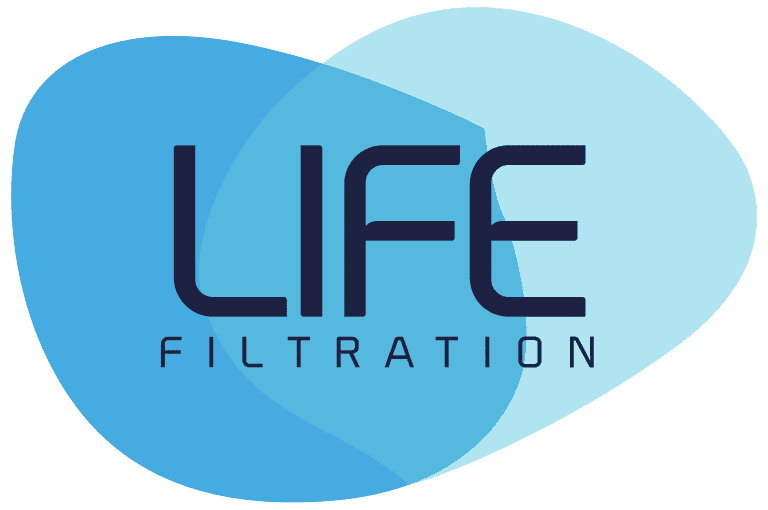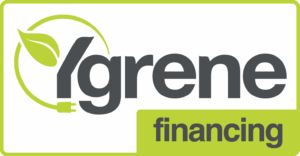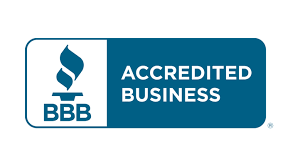On April 2, 2025, President Donald Trump signedan executive order implementing a new tariff planfollowing a Rose Garden speech. The plan includes a 10% tariff on all imports on countries with which the U.S. runs significant trade deficits especially water softeners.

Key Implementation Dates
Baseline Tariff: Begins on April 5, 2025, at 12:01 a.m. ET.
Reciprocal Tariffs: Take effect on April 9, 2025, at 12:01 a.m. ET.
Potential Effects on the Water Industry
The water sector is expected to experience huge impacts, including infrastructure costs, supply chain disruptions, impact on workforce development, and increased prices for essential equipment like water softeners and others materials.
Infrastructure and Workforce Challenges
Most utilities operate within strict budgets. The added financial burden from tariffs could delay essential upgrades and maintenance projects. Workforce development may also suffer as utilities look to cut costs, potentially limiting hiring opportunities and slowing wage growth.
Equipment and Materials Costs
Water utilities rely heavily on global suppliers for critical items such as:
Pipes
Pumps
Valves
Membranes
Chemical treatments
Water filters
Water softeners
Tariffs will increase the cost of importing these materials, which could lead to higher operational costs for utilities. Ultimately, this may result in rising utility rates for consumers and greater financial strain across the industry.
While President Trump’s executive order exempts many items including some chemicals, steel, aluminum, and auto parts. Some of them exempted chemicals are not used in water treatment. However, some components related to these exempt chemicals could still have an indirect impact on production costs.
The new tariffs could also cause:
Supply shortages
Delays in maintenance schedules
Longer lead times for securing replacement parts
These disruptions could slow critical infrastructure projects and increase overall system vulnerability.

Conclusion:
President Trump’s 2025 tariff plan is poised to increase costs and create new challenges for the water softeners industry especially for homeowners. Utilities may have to adjust budgets, delay projects, and pass additional costs on to consumers all while navigating a more complex and uncertain supply chain landscape.



